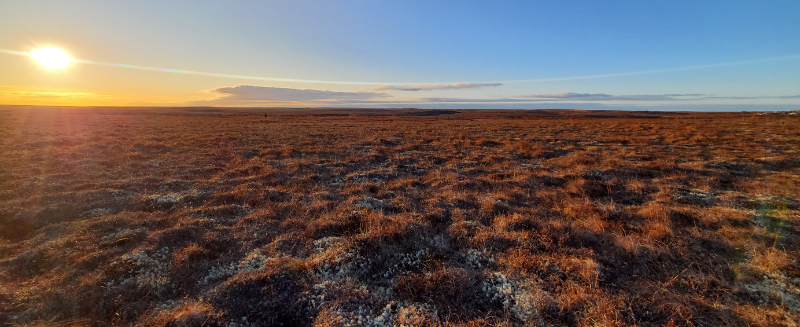PROGRAM DIRECTOR
Sachita Shah,
MD, DTM&H
Associate Professor
sachitas@uw.edu
uwglobalem@gmail.com
ASSISTANT DIRECTOR
Scott Owens, MD, DTM&H
Clinical Instructor
uwglobalem@gmail.com
ADMINISTRATOR
Overview
The Global Emergency Medicine Fellowship program at the University of Washington in Seattle has two unique tracks to prepare future leaders in Global & Rural Health Emergency Medicine: a 1-year Alaska/International Fellowship and a 1-year South Dakota, Pine Ridge Reservation Fellowship. Both tracks offer an optional international-based 2nd year in Global Health.
Our programs are unique, flexible, and allow for more international and field-based time than most others, with a robust and fully funded curriculum including MPH or DTMH, formal coursework in humanitarian response, and additional funding for educational endeavors of the fellow’s choosing.
The full fellowship curriculum can be viewed in this Word document.
tracks

One-year Rural Health Fellowship with an optional international-based year 2 in global health. Two fellowship Positions are available.
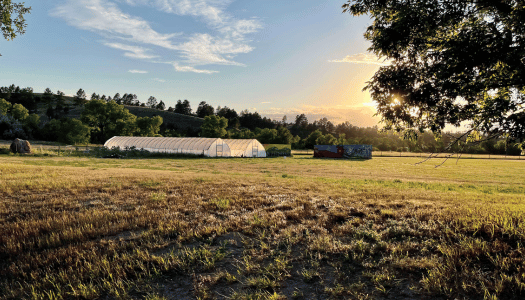
South Dakota, Pine Ridge Reservation:
One-year Rural Health Fellowship with an optional international-based year 2 in global health. One fellowship position is available.
Goals
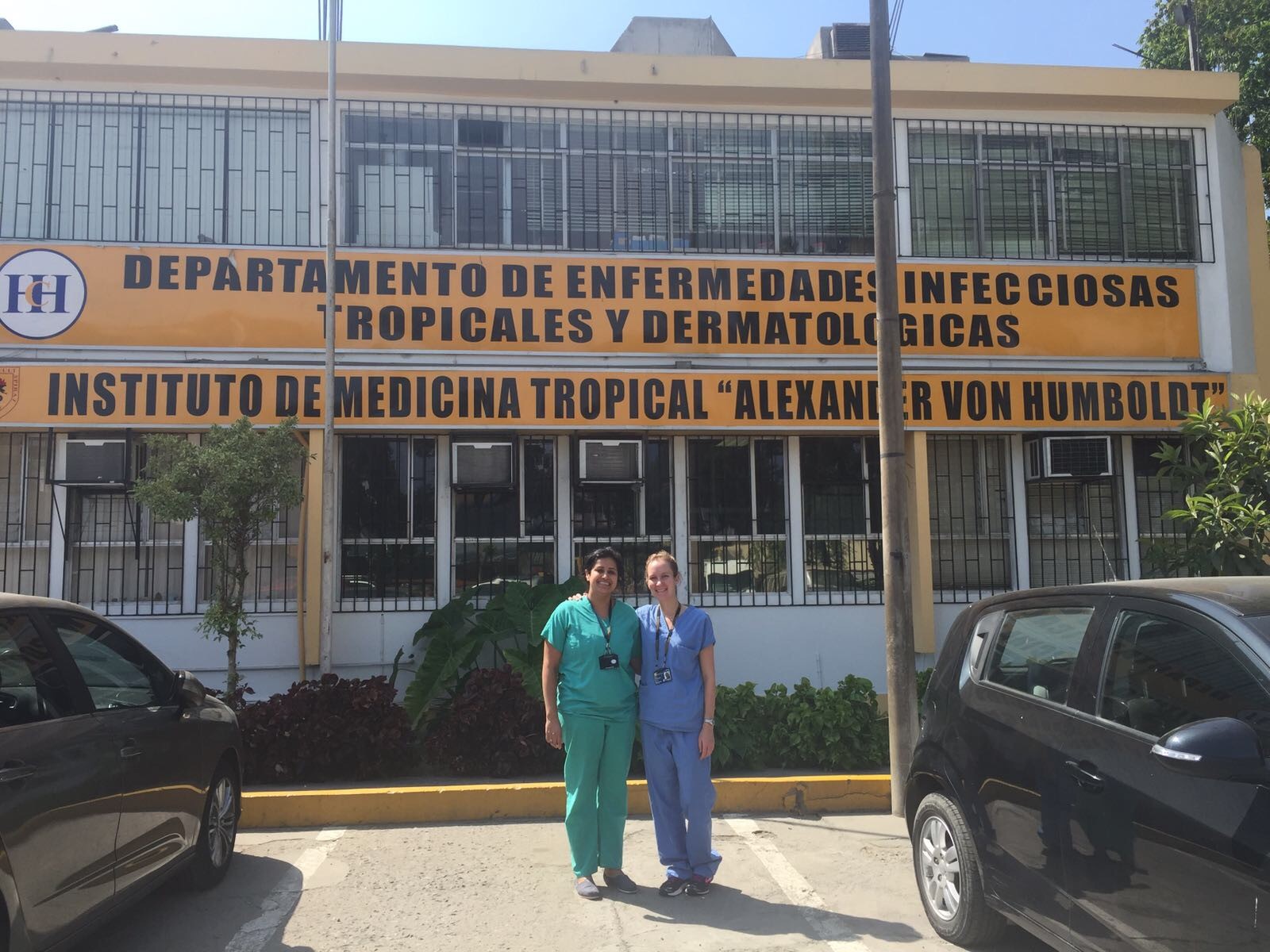
Learning Objectives
-
Through an experiential and didactic curriculum, develop an understanding of the unique needs and challenges of providing emergency care within the Alaskan Tribal Health Consortium or Indian Health Services on the Pine Ridge Reservation, SD. This will include experience in the direct delivery of care as well as the opportunity to learn the role of telehealth for remote care and training in extremely rural settings. The trainee will work directly with community health aides and develop cultural competence in caring for Alaskan Native or Native American patients in South Dakota.
Through an experiential and didactic curriculum, learn how to effectively advance the implementation of emergency medicine both domestically in resource-constrained IHS settings, and in an international, resource-limited setting - Develop the skills necessary for effective program development and implementation in resource-limited settings (rural and international). This will include the acquisition of knowledge and skills related to the performance of a needs assessment, program evaluation, and principles related to humanitarian fieldwork (food security, water and sanitation, personal security, and refugee health).
- Learn the principles governing effective humanitarian relief and disaster response through fellowship courses and if desired by the fellow through a 2nd year of field experience with an internationally renowned disaster relief agency
- Develop research skills and if desired conduct a research or QA study culminating in academic publication or presentation to add to the growing body of literature focused on global emergency medicine and rural health.
- Understand international public health issues, relationships between non-governmental and governmental organizations in disaster response, and the relationship between human health and human rights.
- Develop leadership skills and gain exposure to best practices and role models in rural health leadership, management, health equity, and advocacy. through an inter-agency monthly exchange: Rural Equity, Leadership and Advocacy Exchange (RELAX),
- Develop an understanding of basic principles of caring for patients with HIV, TB, neglected tropical diseases, and tropical infectious diseases through didactic curriculum within the fellowship and optional Diploma in Tropical Medicine & Hygiene.
Associated programs
The Global Emergency Medicine and Rural Health Fellowship has collaborated with several organizations to carry out its mission.
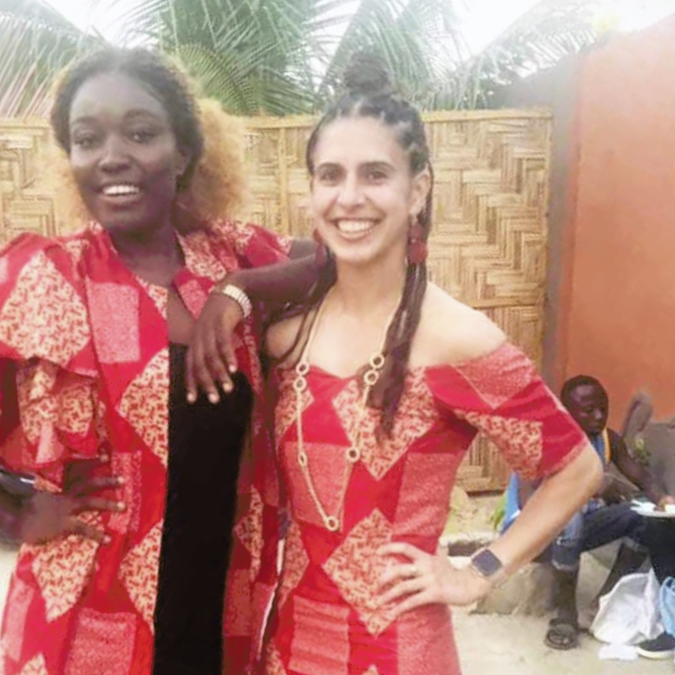
Partners in Health
The mission of Partners in Health is "to provide a preferential option for the poor in health care. By establishing long-term relationships with sister organizations based in settings of poverty, Partners In Health strives to achieve two overarching goals: to bring the benefits of modern medical science to those most in need of them and to serve as an antidote to despair."
learn moreAlaska Tribal Health Consortium
The Alaska Native Tribal Health Consortium is a non-profit Tribal health organization designed to meet the unique health needs of Alaska Native and American Indian people living in Alaska.
learn moreDoctors Without Borders
Doctors Without Borders/Médecins Sans Frontières (MSF) works in conflict zones, after natural disasters, during epidemics, in long-term care settings, and more. Via their website: "Our teams provide medical care for millions of patients every year in many different types of projects."
learn more
The first card title goes here
Text goes here. Double-click the arrows to set the links for each card.
learn more
The second card title goes here
Try to keep text short so visitors can quickly scan these cards.
learn more
The third card title goes here
You can highlight and delete any cards you do not need.
learn more
The first card title goes here
Text goes here. Double-click the arrows to set the links for each card.
learn more
The second card title goes here
Try to keep text short so visitors can quickly scan these cards.
learn more
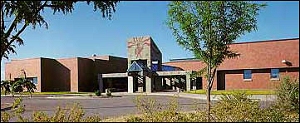
Indian Health Services & Pine Ridge Reservation
The Indian Health Service (IHS) has a partnership with the Pine Ridge Reservation in South Dakota, which is home to the Oglala Sioux Tribe. The IHS runs the Pine Ridge Comprehensive Health Facility on the reservation.
learn more




